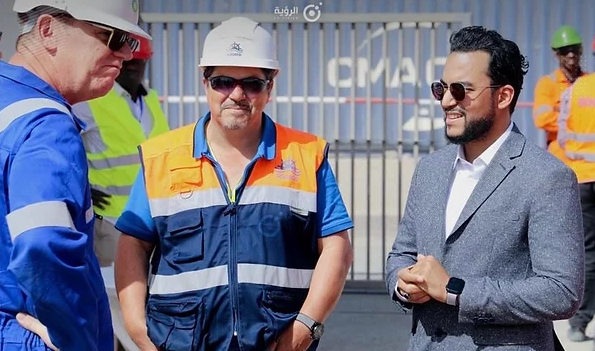
A structure worker is someone who's employed included in a structure crew and will perform many tasks that always involve physical labour on construction sites.
However, there are lots of roles that don't involve being on a design site. In this information we consider the definition, expected salary, and typical qualifications needed to become a construction worker.
Definition of construction worker
The definition of construction worker may be used to cover a huge number of roles within the, but typically it describes a a person who performs a number of general construction tasks during all phases of a structure project.
However, there are also people who specialise in certain areas, such as for instance:
Tearing down buildings
Removing hazardous materials
Building highways and roads
Digging tunnels and mine shafts
Laying concrete or asphalt
Construction workers will use a number of tools and equipment in their work, including simple tools such as brooms and shovels; other equipment is more sophisticated, such as for example pavement breakers, jackhammers, and surveying equipment.
Different roles for construction workers
Construction work features a huge number of tasks that are performed, and as such there are numerous different skills needed. There are numerous roles in construction, not which are only on a building site.
Responsibilities of construction workers
The responsibilities of a construction worker can vary with respect to the role they carry out. All construction workers must ensure they stick to strict health and safety regulations.
Some responsibilities include:
Creating the construction site, including cleaning and removing any debris or hazards.
Moving and preparing the materials to be used on the project
Building or moving many different structures such as scaffolding, bridges, or barricades etc
Preparing the planet earth for building – i.e creating trenches, filling holes, or compressing the soil
Operating machinery such as for example diggers, concrete mixers, hammers and drills
Assisting other craftsmen, such as for instance joiners and roofers etc
Liaising with planners, designers, or architects to guarantee the project requirements are now being met
With special training, workers may take on further responsibilities, such as for example becoming certified to remove asbestos, lead, or chemicals, or assisting craftworkers, such as for instance electricians and carpenters, with a number of basic tasks.
For more details please visit construction work.
No comments:
Post a Comment